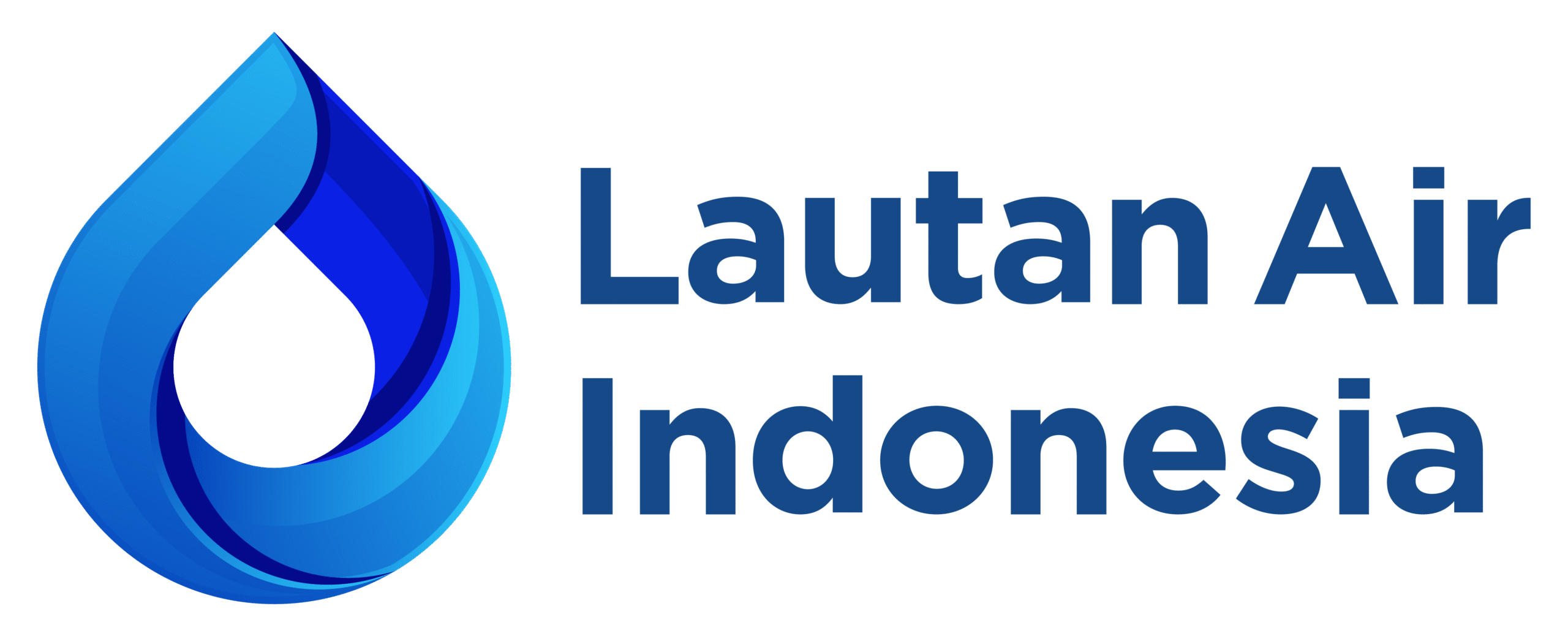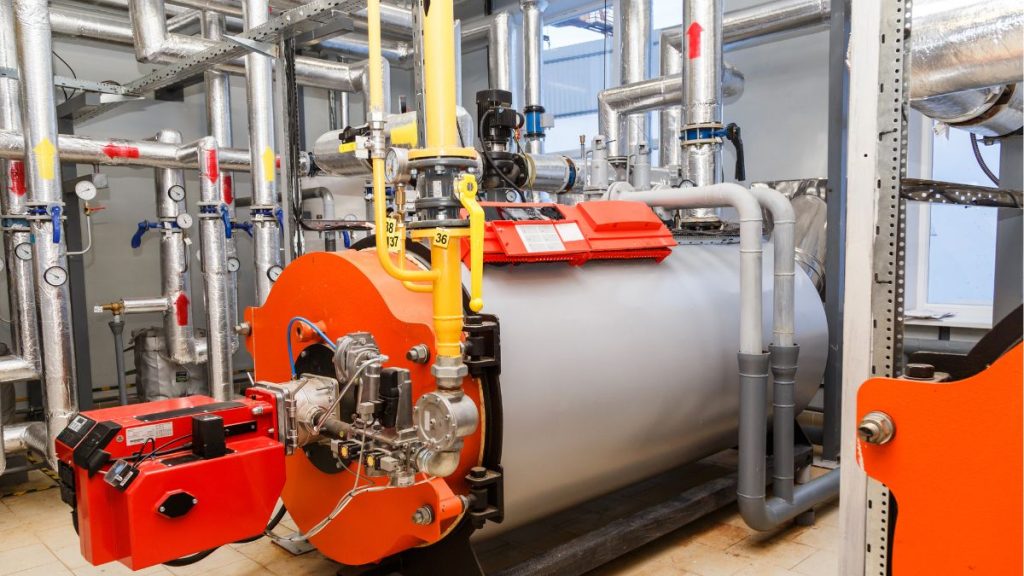In the industrial world, boilers play a crucial role in generating steam for various process needs. However, boiler performance is highly dependent on the quality of the water used, also known as boiler feedwater. If this water quality is not properly maintained, various common boiler feed water problem can arise, seriously impacting the efficiency, lifespan, and safety of the boiler system itself.
Why is Boiler Feed Water Quality So Important?
Boiler feed water is not just ordinary water. It must meet specific specifications based on the boiler type, operating pressure, and industrial application. If water quality is not maintained, it can cause various problems such as scale, corrosion, and carryover, each of which will be explained in more detail in the following sections.
The importance of controlling boiler feed water quality lies in its impact on:
- Thermal efficiency of the boiler system
- Fuel consumption
- Maintenance costs and downtime
- Equipment lifespan
Common Boiler Feed Water Problems and Their Impact
Here are some common problems that often occur due to uncontrolled boiler water quality.
1. Scale Formation (Scaling)
Scaling is one of the most common problems encountered in boiler systems. This phenomenon occurs due to mineral deposits such as calcium and magnesium from the feed water that settle on metal surfaces in the boiler as the temperature rises.
These deposits form a thermal insulating layer that inhibits heat transfer from the boiler walls to the water, drastically reducing system efficiency. As a result, the boiler requires more energy to produce steam, and overheats over time, causing serious damage to the boiler tubes.
To prevent this, boiler feed water needs to be softened or demineralized, water hardness needs to be monitored regularly, and appropriate anti-scale chemicals should be added.
Read Also: Scaling and Corrosion in Boilers: A Hidden Threat to Face
2. Internal Corrosion
Corrosion in boiler systems generally occurs due to the presence of dissolved oxygen, carbon dioxide, or an unstable pH in the water. This process is highly destructive because it can eat away at the interior of the pipes, boiler drum, and steam condensate system.
Leaks in boiler pipes or tubes are a direct consequence of corrosion, ultimately leading to reduced steam quality and production downtime due to equipment shutdowns for repairs.
Prevention is achieved by removing oxygen using a deaerator, adding chemicals such as oxygen scavengers and pH adjusters, and strictly maintaining the pH of the boiler water within optimal limits.
3. Carryover and Foaming
Carryover occurs when boiler water is carried along with steam to the downstream system. This often occurs due to foaming or unstable boiler operating conditions.
The impact is very detrimental because it can contaminate the steam system, disrupt industrial processes that require pure steam, and cause damage to equipment such as turbines and heat exchangers.
To prevent this, Total Dissolved Solids (TDS) must be strictly controlled through a blowdown process, antifoam agents must be dosed regularly, and the boiler and drum separator design must ensure optimal separation of steam and water.
4. Sludge Formation
Sludge is formed from suspended solid particles that settle at the bottom of the boiler. If not removed, sludge will harden and form a crust that disrupts water circulation, creates hot spots that risk damaging the boiler’s internal components, and increases the frequency of maintenance requirements.
Sludge can be avoided by ensuring that the feed water has undergone a proper pretreatment system, dosing dispersant or sludge conditioner chemicals, and periodically applying manual or automatic blowdown.
5. pH Fluctuations
An unstable pH value in boiler water, whether too low (acidic) or too high (alkaline), can damage metal structures and accelerate internal corrosion. This imbalance often occurs due to changes in raw water quality or improper chemical management.
The impact is an increased risk of corrosion, disruption of the chemical system stability within the boiler, and a decrease in overall water treatment efficiency.
The solution is to conduct real-time pH monitoring, adjust the dosage of pH-control chemicals according to actual needs, and ensure operators are trained to respond quickly to any changes in pH.
Boiler Feedwater Problem Control Strategies
To ensure optimal boiler system operation, the following strategies can be implemented.
1. Pre-treatment System
This initial stage includes screening, coagulation, sedimentation, softening, and filtration to remove initial contaminants from the raw water.
2. Chemical Treatment
This includes the application of chemicals such as oxygen scavengers, pH adjusters, scale inhibitors, and dispersants. This helps maintain the chemical balance in the boiler feed water.
Read Also: Protecting Boilers by Removing Oxygen from Feed Water
3. Deaeration
This is a physical process to remove oxygen and other dissolved gases. Typically, a tray-type or spray-type deaerator is used.
4. Demineralization and Reverse Osmosis
This process produces high-purity water, free from minerals and other contaminants that could potentially damage the boiler system.
5. Automatic Monitoring and Control
Modern control systems monitor critical parameters such as pH, TDS, conductivity, and dissolved oxygen in real time to maintain operational stability.
The Right Support to Maintain Your Boiler Performance
Addressing boiler feed water issues requires a precise and sustainable approach. With over four decades of experience, Lautan Air Indonesia is ready to be your reliable partner with a variety of solutions, from pre-treatment systems like softeners and media filters to the provision of specialized chemicals to prevent corrosion, scale, and foaming.
We also provide IoT-based monitoring and control systems, as well as operation and maintenance (O&M) services to ensure your system is running optimally. Furthermore, our team is ready to provide technical consultations and system audits as needed.
For more efficient and reliable solutions, contact Lautan Air Indonesia today.



